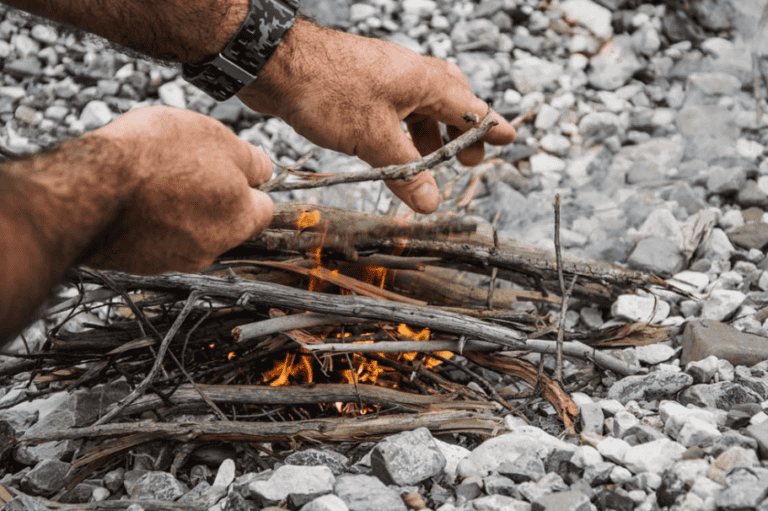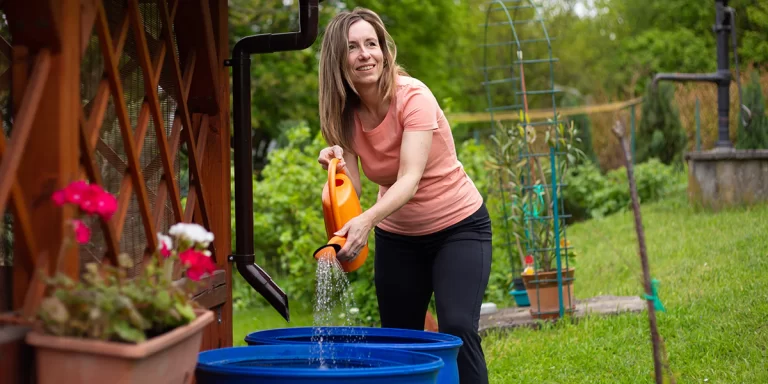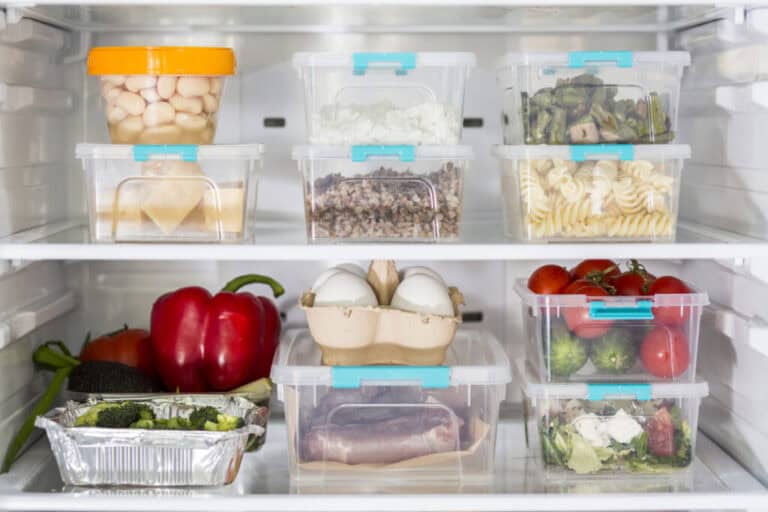Essential Skills For Off-Grid Living: Your Guide To Self-Sufficiency
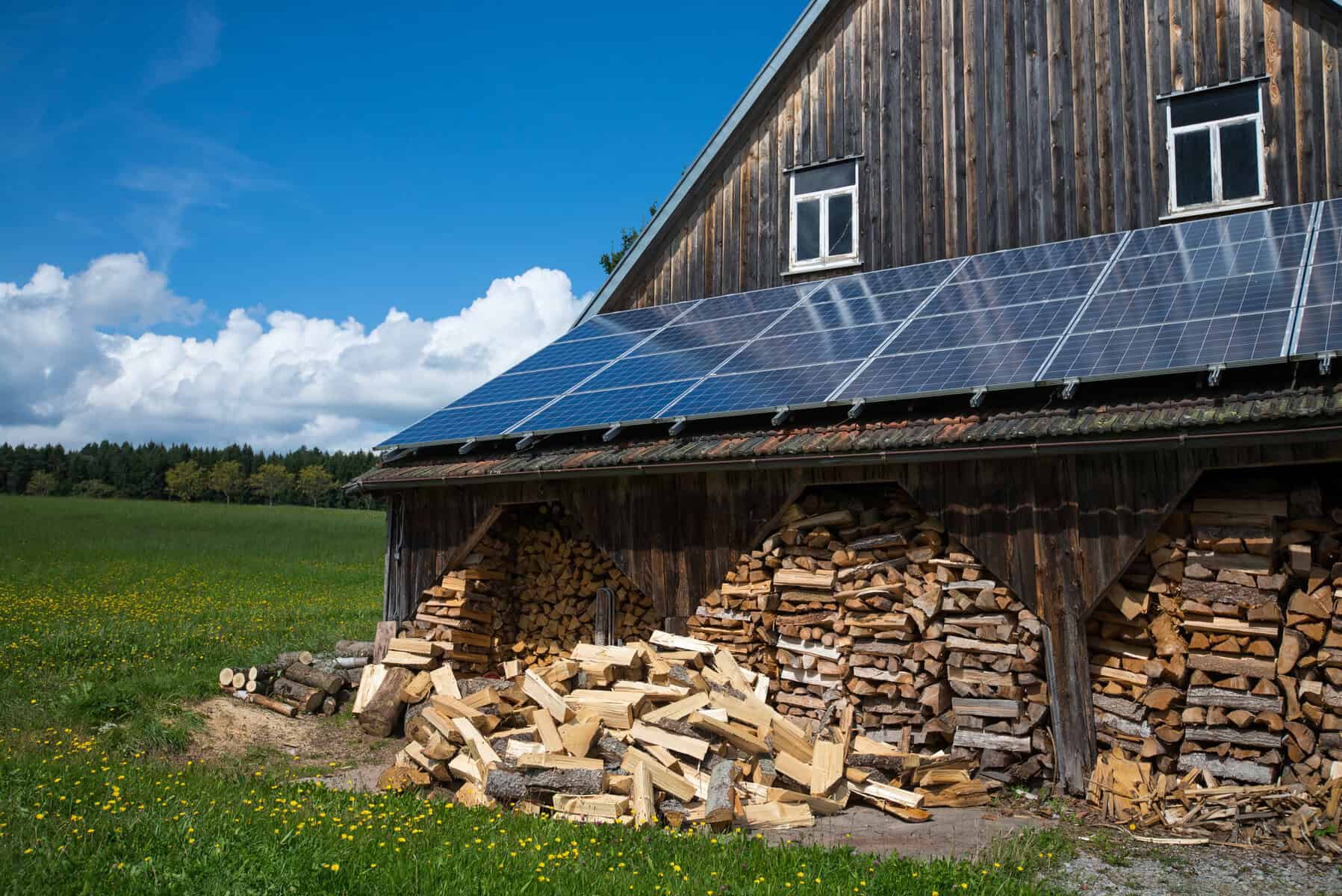
When it comes to off-the-grid living, mastering essential skills is the key to thriving in remote locations. From building shelter to sourcing food and water, your ability to adapt contrasts starkly with modern conveniences. In this guide, you’ll discover practical tips and tricks to hone your survival skills and embrace self-sufficiency. Whether it’s starting a fire without matches or navigating by the stars, these fundamental abilities will empower you to conquer any off-grid challenges that come your way.
Preparing for Off-Grid Living
Rainwater Harvesting
When setting up rainwater harvesting systems, ensure you have proper gutters and storage tanks to collect and store rainwater efficiently.
Passive Solar
Passive solar design involves maximizing natural light and heat. Position your windows strategically to make the most of sunlight for warmth.
Storing Power
For storing power, consider investing in solar panels and batteries. This setup allows you to harness and store electricity for later use.
Electric Stoves
Using electric stoves off-grid can be challenging due to high power consumption. Opt for propane or wood stoves as more sustainable alternatives.
Clothes Management
Managing your clothes sustainably is crucial off-grid. Use a clothesline instead of a dryer to save electricity while drying your laundry.
Next Step
The next step after setting up essential systems is to focus on sustainability. Incorporate composting and gardening practices to enhance self-sufficiency.
Building and Repair Skills
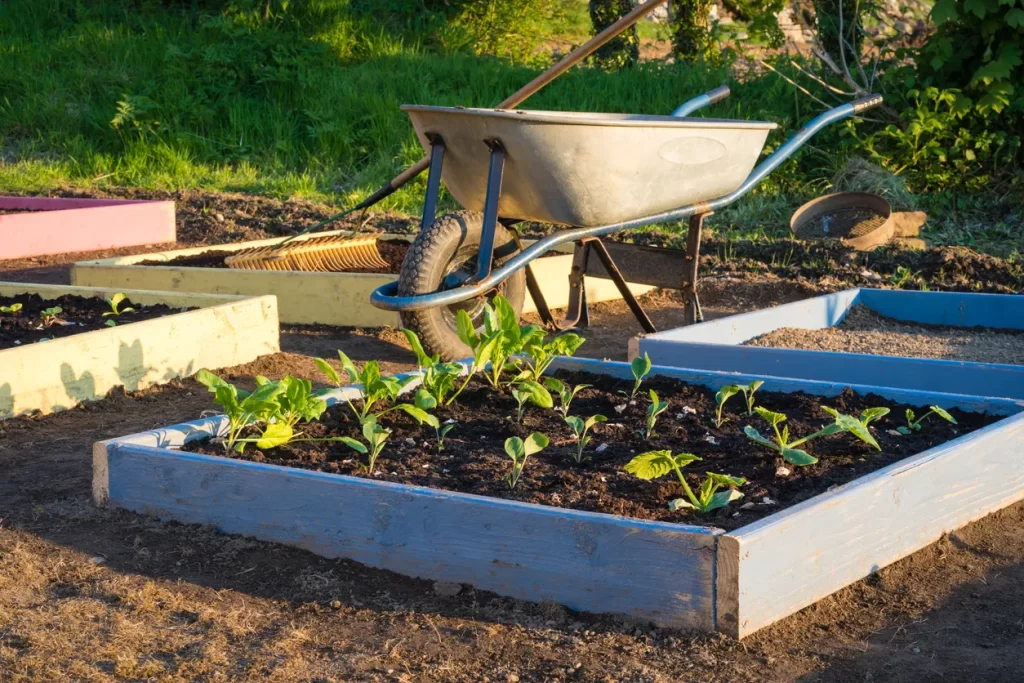
Manual Skills
When living off the grid, building and repair skills are crucial for manual tasks. You must learn how to construct and fix essential systems on your own.
Land Design
Understanding the land you have is vital. Learn how to assess it for building structures and setting up necessary utilities.
Types of Repairs
Being able to repair various things is essential. From fixing solar panels to maintaining water systems, you need a diverse skill set.
Location Adaptation
The ability to adapt your building and repair skills based on the specific location is key. Different environments require different approaches.
Tools Usage
Mastering the use of tools is fundamental. Having the right tools and knowing how to use them efficiently can save you a lot of time and effort.
Sustainable Food Sources
Natural Materials
When living off-the-grid, utilizing natural materials for food production is crucial. You can grow fruits, vegetables, and herbs using organic methods.
Energy Use
Minimize energy use by opting for manual tools like hand trowels and rakes for gardening. This helps reduce reliance on non-renewable resources.
Waste Management
Implement effective waste management strategies to minimize solid waste production. Compost organic waste to enrich soil fertility.
Community Engagement
Engage with local communities to exchange goods and knowledge. You can participate in community gardens or farmers’ markets for mutual sufficiency.
Thermal Mass Techniques
Utilize thermal mass techniques in greenhouse construction. Materials like stone or concrete absorb heat during the day and release it at night.
Health and Hygiene Off-Grid
Water Supply
When living off-the-grid, ensuring a reliable water supply is crucial. You need to have access to clean water sources for drinking, cooking, and hygiene purposes.
Human Waste
Managing human waste off-grid requires proper disposal methods to prevent contamination. You can utilize composting toilets or septic systems to handle waste safely and efficiently.
Hot Water Heaters
Having hot water heaters off-grid is essential for maintaining hygiene and comfort. You can opt for solar-powered water heaters or propane systems for hot water needs.
Illness Prevention
Off-the-grid living necessitates proactive measures to prevent illnesses. You should prioritize proper hygiene practices, regular hand washing, and safe food handling techniques.
Emergency Preparedness
Being prepared for emergencies off-grid is crucial for your safety. You should have a well-stocked first aid kit, knowledge of basic medical procedures, and communication devices for assistance.
Financial and Mental Preparedness
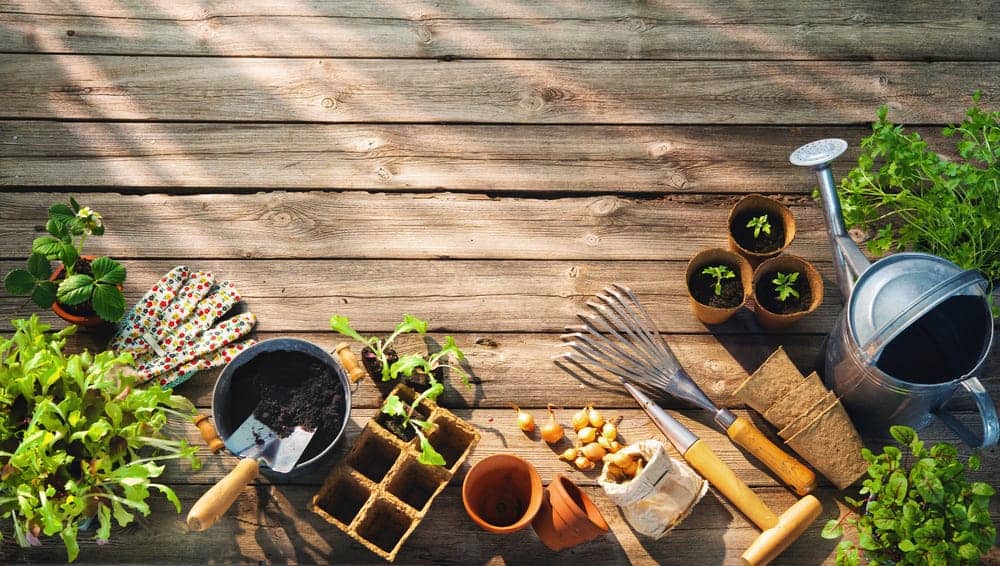
Mindset
When living off the grid, your mindset plays a crucial role in your ability to adapt to challenges. Maintaining a positive attitude can help you navigate uncertainties effectively.
Money
Managing your finances is essential for off-grid living. Creating a budget and tracking your expenses diligently will ensure that you stay within your financial limits.
Backup Plan
Having a backup plan is crucial for unforeseen circumstances. Consider setting aside emergency funds to cover unexpected costs that may arise.
Challenges
Off-grid living presents various challenges, such as limited access to resources and dealing with unpredictable situations. Developing problem-solving skills is key.
Dependence
Reducing your dependence on external resources is a fundamental aspect of off-grid living. Embracing self-sufficiency can lead to a more sustainable lifestyle.
Cost and Time
Understanding the cost and time involved in maintaining an off-grid lifestyle is important for long-term sustainability. Balancing these factors is essential for success.
Living off the grid in the spring offers unique opportunities, with nature blooming around you. However, it also brings its own set of challenges that you need to be prepared for.
Final Remarks
You’ve now gained insight into essential skills for off-the-grid living, from preparation to sustainability. Building and repair skills, sustainable food sources, health and hygiene practices, financial readiness, and mental preparedness are key for thriving off the grid. By honing these skills, you equip yourselves for self-sufficiency and resilience in any situation.
Now it’s time to put your knowledge into action. Start practicing these skills, seeking further guidance where needed. Embrace the challenges and rewards of off-the-grid living with confidence in your abilities. Your journey towards independence begins now.
Frequently Asked Questions
What are the essential skills required for off-the-grid living?
To thrive off-the-grid, important skills include building and repair abilities, knowledge of sustainable food sources, health and hygiene practices, financial preparedness, and mental resilience.
How can I prepare for off-grid living?
Prepare by acquiring building and repair skills, learning about sustainable food sources, understanding health and hygiene practices off-grid, ensuring financial stability, and developing mental readiness for the challenges ahead.
Why is financial preparedness crucial for off-the-grid living?
Financial preparedness is vital as it ensures you have the resources to sustain yourself in an off-grid setting where traditional amenities may not be readily available. It provides a safety net for emergencies and unexpected situations.
What are some examples of sustainable food sources for off-the-grid living?
Sustainable food sources for off-the-grid living include growing your own fruits and vegetables, raising livestock like chickens or goats, hunting wild game (if applicable), fishing in nearby water bodies, and foraging for edible plants.
How can I maintain good health and hygiene while living off-the-grid?
Maintain good health by practicing proper sanitation, ensuring access to clean water sources, cultivating a balanced diet with homegrown produce, incorporating physical activity into your routine, and having basic medical knowledge or supplies on hand.


